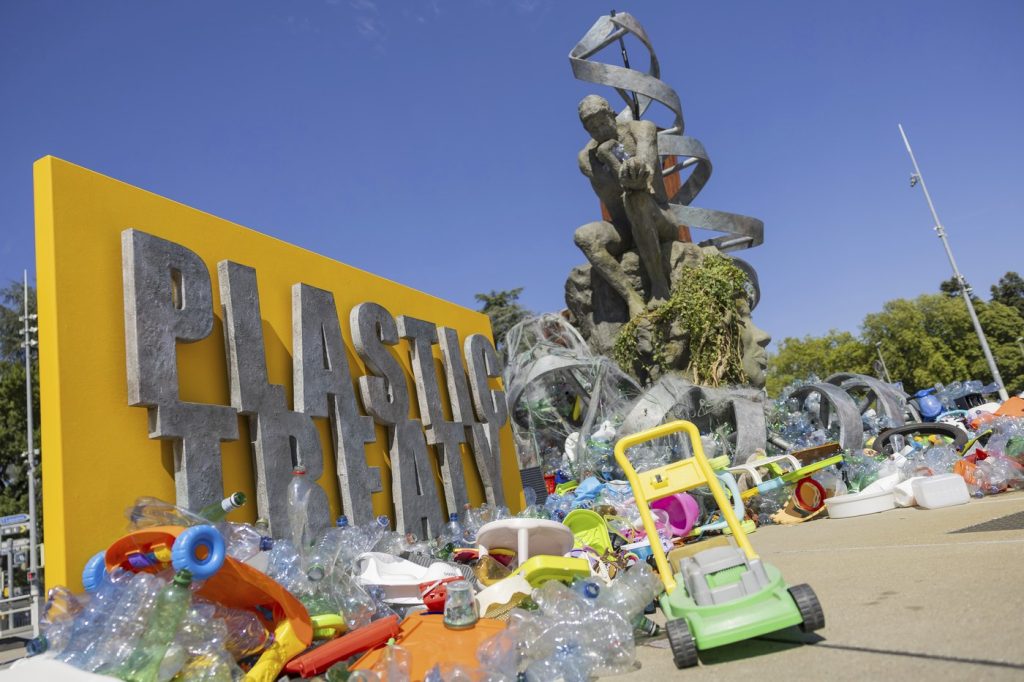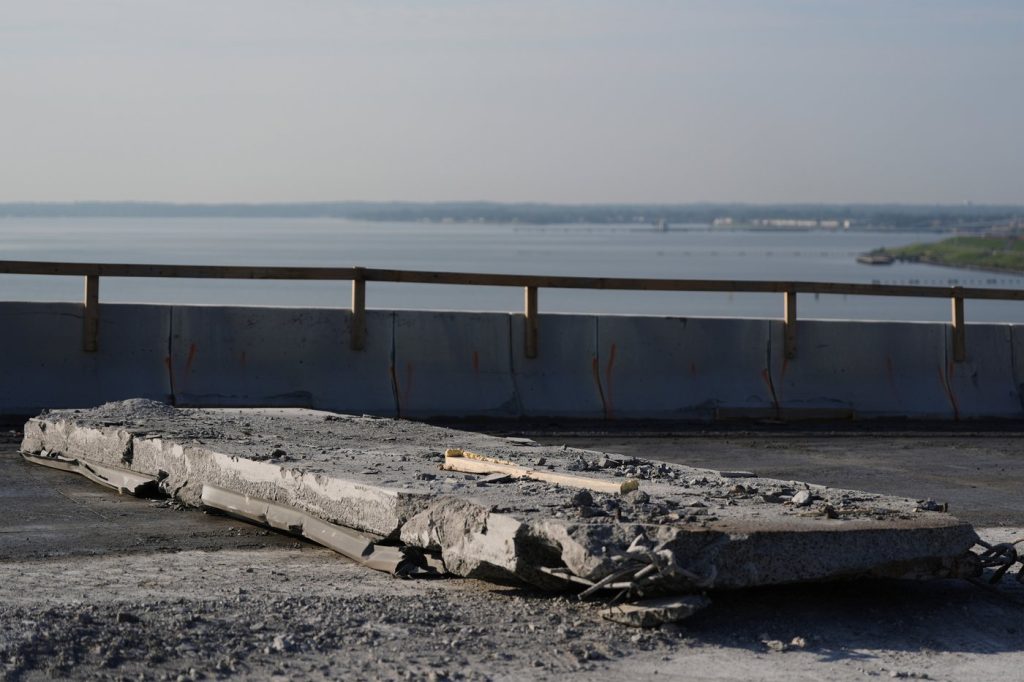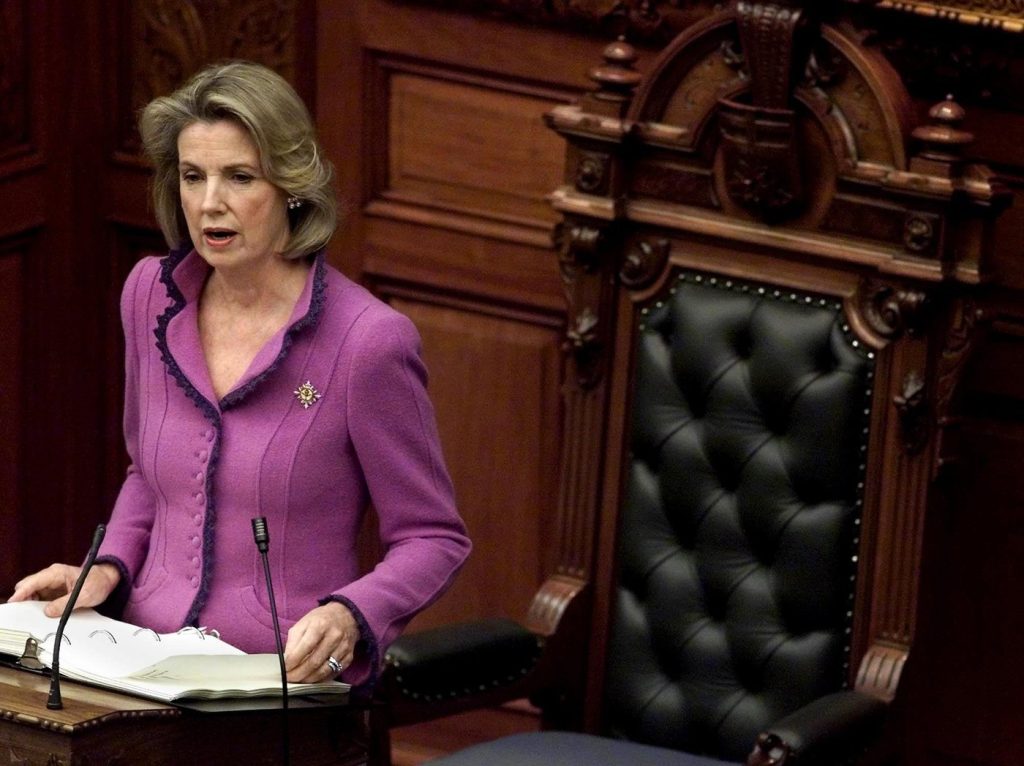Nations are meeting in Geneva on Tuesday to finalize a crucial treaty aimed at combatting the global plastic pollution crisis that impacts every ecosystem and individual worldwide. This marks the sixth round of negotiations, and the parties involved are optimistic that this could be the concluding session. A significant point of contention among the negotiators is whether the treaty should include mandates to cut plastic production. Powerful oil-producing nations are opposed to such measures, as a majority of plastic is derived from fossil fuels. These nations argue that redesigning, recycling, and reusing plastic can effectively address the crisis, while a coalition of countries and significant corporations is advocating for more stringent measures.
Angelique Pouponneau, the lead ocean negotiator for a coalition of 39 small island and low-lying coastal developing states, emphasized the necessity of a comprehensive treaty to galvanize global action. In her home country of Seychelles, plastic pollution is contaminating local fish, cluttering beaches, and jeopardizing the tourism sector that is vital for their economy and lifestyle. “It’s the world’s final opportunity to get this done and to get it done right,” she asserted, warning against failing to meet their objectives.
Inger Andersen, the Executive Director of the United Nations Environment Programme, acknowledged the complexity of the issues but underscored that the plastic crisis is “really spiraling.” She pointed out that numerous countries are aligned on the need to redesign plastic products, improve recycling efforts, and enhance waste management systems.
Recent statistics from the UN indicate that between 19 million and 23 million tons of plastic waste leak into aquatic systems each year, with projections suggesting that this figure could rise by 50% by 2040 without immediate intervention. In March 2022, 175 nations reached an agreement to establish the first legally binding treaty addressing plastic pollution by the end of 2024, focusing on all stages of the plastic life cycle, including production, design, and disposal.
Discussions in South Korea last year were initially set to be the final negotiations, yet they ended without resolution over production cutbacks. Currently, global production exceeds 400 million tons of plastic annually, and this figure is likely to rise by approximately 70% by 2040 in the absence of policy changes. Countries advocating for restrictions on production, alongside cleanup and recycling initiatives, number around 100, with many emphasizing the need to tackle harmful chemicals associated with plastic.
During the previous negotiations in South Korea, Panama spearheaded initiatives to address production within the treaty framework. Negotiator Debbra Cisneros reaffirmed their commitment to raising these topics in Geneva, asserting the significance of tackling pollution at its source rather than solely focusing on downstream solutions like waste management. “If we shy away from that ambition now, we risk adopting an agreement that is politically convenient, but environmentally speaking, is ineffective,” Cisneros stated.
Meanwhile, a coalition of approximately 300 businesses—including major players like Walmart, Coca-Cola, PepsiCo, and L’Oréal—supports initiatives aimed at reducing plastic production while enhancing recycling and reuse practices. This coalition's goal is to establish an effective, binding treaty that formulates consistent global regulations, alleviating the uncertainty stemming from varied approaches across nations.
Conversely, certain plastic-producing countries and those in the oil and gas sector are firmly against imposing production limits. Saudi Arabia, identified as the world’s largest exporter of one common type of plastic, leads this opposition, asserting that production should not be hindered as long as efforts are made to combat plastic pollution.
The United States has taken a stance against global production caps or bans on specific plastic products and their chemical additives. The State Department has expressed support for improving waste management, enhancing product design, and promoting recycling efforts, emphasizing the need to balance environmental protection measures with the economic contributions of plastics. This position aligns with the views of the plastics industry, which raises concerns that such limits could unintentionally increase production costs.
Negotiations also face procedural challenges, as any proposals for inclusion in the treaty require unanimous consent from all participating nations. Some countries are advocating for modifications allowing decisions to be made by majority vote, an idea met with resistance from nations like India, Saudi Arabia, and others, who assert that consensus is critical for an effective treaty. Delegates are exploring the possibility of opt-in or opt-out provisions to navigate potential stalemates, though critics argue this could result in a treaty lacking enforceable obligations.
Greenpeace has responded by calling for at least a 75% reduction in plastic production by 2040, asserting that “we will never recycle our way out of this problem.” As negotiations unfold, a diverse assembly of delegates, including government officials, industry representatives, environmental advocates, and affected communities, are convening in Geneva for discussions that will span ten days, set to conclude on August 14.
Frankie Orona, Executive Director of the Texas-based Society of Native Nations, highlighted the importance of Indigenous representation at the negotiations, stressing the adverse effects of plastic production on land, water, and air quality from fossil fuel extraction and hazardous chemical use. The diversity of perspectives present at these negotiations underscores the broad impacts of plastic pollution and the urgent need for comprehensive and actionable solutions.












